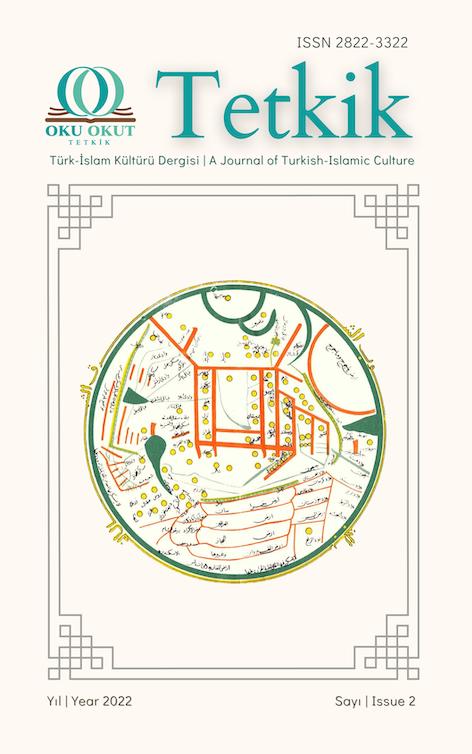Larry Laudan’ın Araştırma Geleneklerinin Yöntembilimi Görüşü Ekseninde Kelâm İlminin Bilimsel Yapısı
Scientific Structure of Kalām Discipline on the Axis of Larry Laudan’s Methodology of Research Traditions Theory
Author(s): Bilal TaşkınSubject(s): Islam studies, Contemporary Islamic Thought
Published by: Oku Okut Yayınları
Keywords: Kalām; Larry Laudan; Knowledge; Method; Research Traditions;
Summary/Abstract: Philosophy of science generally studies what scientific activity is, its correct methods, and the structures and principles of intellectual traditions. Since the enlightenment, non-experimental ways of acquiring knowledge have lost their influence in scientific circles. However, some philosophers of science have explained scientific progress through scientific structures formed by certain groups of scientists. Larry Laudan, who is an American philosopher of science, also contributed to approaches in this direction with his theory of research traditions, which is a scientific structure. According to theory, the main purpose and function of research traditions is problem solving. Research traditions hold to certain theories and principles in solving problems. These theories and principles, which enable the research traditions to be distinguished from each other, establish the ontological and methodological structures of the traditions. Therefore, the competence of a theory in solving problems indicates its success. The problem-solving adequacy of the traditions reveals their rational and progressive qualities. Laudan says that this model applies not only to empirical scientific traditions, but also to non-scientific intellectual traditions such as metaphysics and theology. Each tradition in kalām has its own theories and problem-solving principles. In terms of their general structure, kalām traditions largely overlap with Laudan’s theory. The aim of this study is to point out the importance of examining the problems and theories of kalām traditions with a problem-solving approach, and to contribute to studies to increase the effectiveness of kalām.
Journal: Tetkik
- Issue Year: 2022
- Issue No: 2
- Page Range: 407-428
- Page Count: 22
- Language: Turkish

